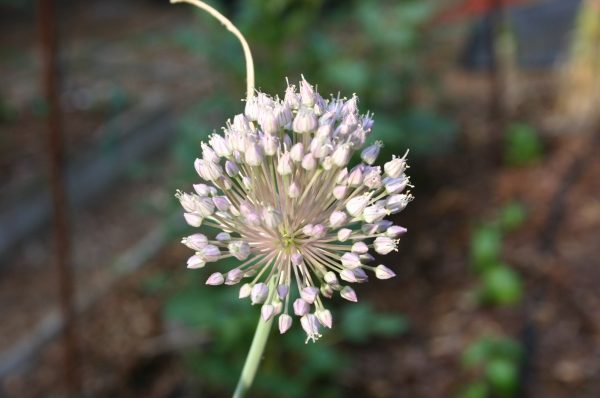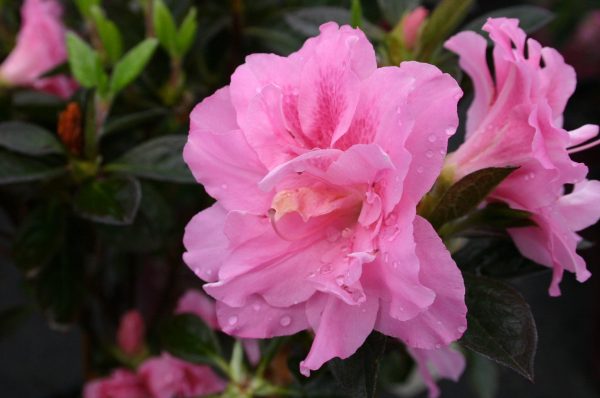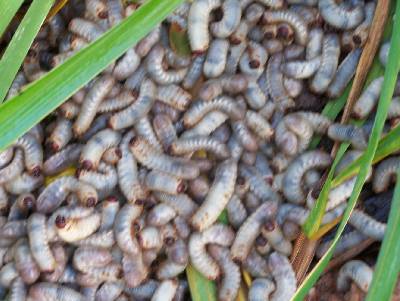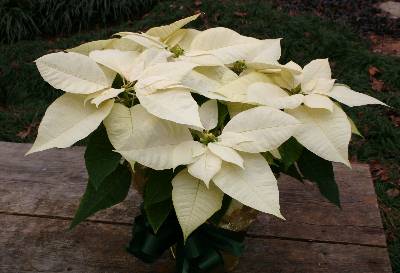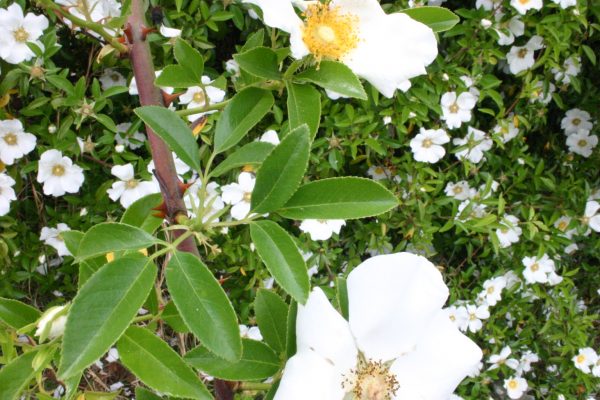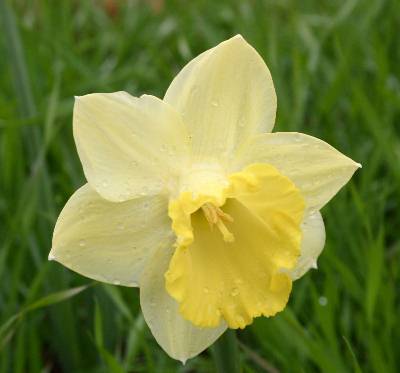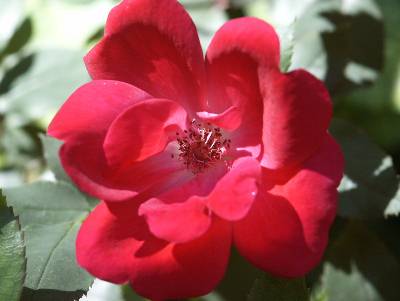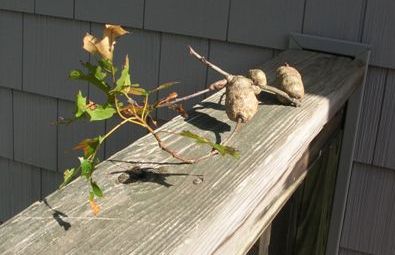Lawn – Basic Maintenance

The sweet young couple seated in front of me at a recent home show appearance wore matching worried looks. “We just moved into a house in a gorgeous neighborhood and we know NOTHING about landscaping. What should we do to keep the neighbors from thinking we are total incompetents?” they asked me.
I laughed and quickly tried to think of some reassuring words that would allay their fears. What came out of my mouth surprised me at first but made sense to me when I thought about it afterwards.
“Keep the lawn mowed”, I advised. “You can fool the neighbors for years if you just keep the grass neat.”
The truth of the matter is that when you drive past a newly mown lawn at twenty miles per hour it looks about the same, whether it is full of weeds or not. Mowing is itself easy to accomplish, but knowing how to mow correctly requires just a tad more information.
THE RIGHT HEIGHT Many weeds spread by seed. In order to get the best seed dispersion, their seedheads often grow taller than surrounding grass plants. If you mow regularly, at the correct height, you’ll chop off the weed seeds before they have a chance to mature. This weekend, roll your mower onto a paved surface and measure the blade height. Compare your measurement with the following chart of correct mowing heights:
Mowing height (in inches)
Tall Fescue 2-3
Common Bermudagrass 1-2
Hybrid Bermudagrass 0.5-1.5
Zoysiagrass 0.5-1.5
Centipedegrass 1-1.5
St. Augustinegrass 2-3
Centipedegrass and zoysiagrass are particularly sensitive to being mown too high. Centipedegrass spreads by aboveground stolons. If mowed too high, the stolons climb on top of each other, where they are fatally exposed to cold and drought. Dr. Gil Landry, Extension Service turf specialist, says mowing height is the most important factor in maintaining a nice looking centipedegrass lawn.
Zoysiagrass grows slowly. So slowly, in fact, that you’ll be tempted to let several days pass before you finally decide to mow it. This is problematic because the lower two-thirds of a zoysiagrass stem has a high concentration of silica. The clipped stems do not decompose rapidly. They pile up on the soil beneath the plant and form a layer of thatch. Zoysiagrass roots grow up into the thatch in spring and early summer but they die a quick death there when dry weather hits. Mowing at the right height is just as important as fertilizing when it comes to turfgrass health.
SHARP BLADE My father would be horrified if he knew I consider it better to replace a dull blade rather than sharpen it. He insisted on wiring worn out slabs of rubber to the wheels of our Allis-Chalmers tractor rather than buying a new tire. I know we were poor…but wiring a tire in place seems overly miserly in retrospect.
Nonetheless, blade sharpening is available at fewer and fewer shops these days. A new, sharp one costs about as much as the time and trouble it will take you to take the old blade to a mower repair shop. You’re gonna have to take it off and put it back on anyway – why not replace your dull blade with a new one?
What does this have to do with fooling the neighbors? A dull blade shreds the grass rather than cutting it. Shredded grass tips appear tan-brown, a definite giveaway that an amateur has been at work.
In addition, shredded grass blades leak more water after mowing. This is a real health factor when you mow your lawn in the heat of summer.
FEED IT TWICE I know that some grasses need more plant food than others but as long as you fertilize with any lawn fertilizer, at the right time, the grass will be reasonably happy.
Timing is not hard to remember:
Fescue: September and November
Bermuda, zoysia, centipede, St. Augustine: April and June
Whether you have an established landscape or one so new the tags still hang from the shrubbery, attention to just a couple of lawn mowing details will create the aura of “well-maintained” over the whole site. The inside of your home can be a wreck but if the lawn is manicured your neighbors will be none the wiser!

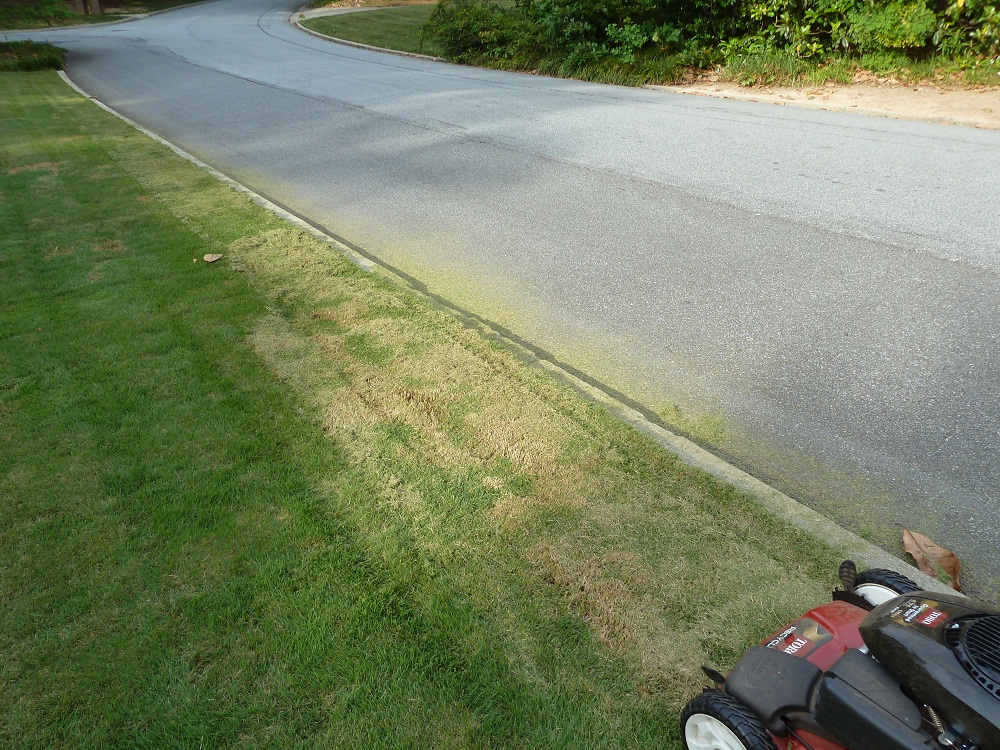
zoysia mowed too low
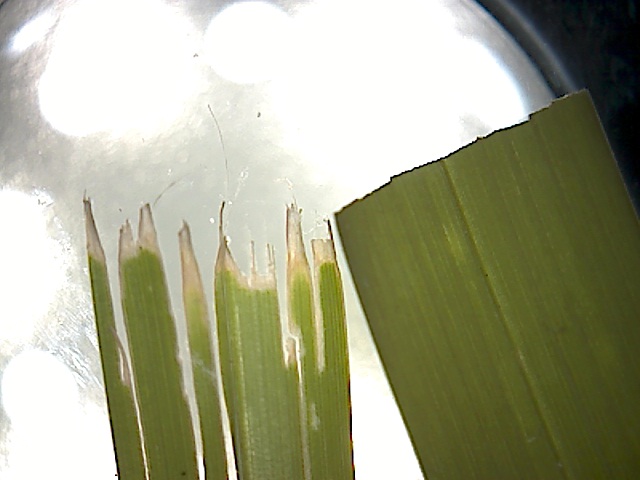
Effect of dull blade





